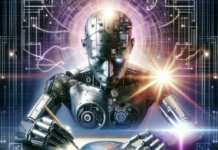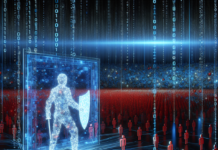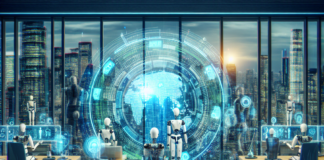Navigating the Job Market: Will AI Create or Dismantle Employment Opportunities?
The rise of artificial intelligence (AI) is one of the most significant developments shaping the modern job market. As organizations across various sectors adopt AI technologies, a vital question arises: will AI create more employment opportunities, or will it dismantle existing jobs?
The Dual Role of AI in Employment
AI is positioned as both a disruptor and an enabler in the labor market. On one hand, it automates routine tasks, potentially leading to job displacement. On the other hand, it creates new roles that require advanced skills and knowledge.
Job Displacement Due to Automation
Many fear that AI will replace human workers in various fields. The jobs most at risk often involve:
-
- Data Entry and Processing
-
- Manufacturing and Assembly Line Work
-
- Basic Customer Service Roles
For instance, chatbots are increasingly handling customer inquiries, reducing the need for human agents. Similarly, automated systems in manufacturing are streamlining processes, which can lead to workforce reductions.
New Opportunities Created by AI
While some jobs may disappear, AI is also creating new opportunities, often in fields that did not exist a decade ago. Areas benefiting from AI advancement include:
-
- Data Science and Analytics
-
- AI and Machine Learning Engineering
-
- Cybersecurity and AI Ethics
These roles require specialized skills, emphasizing the importance of education and continuous learning in the age of AI.
The Reskilling Imperative
As AI continues to evolve, so does the workforce’s need for reskilling. Workers at risk of displacement will benefit from:
-
- Upskilling Programs: Sites like Coursera and LinkedIn Learning offer courses to adapt to new technologies.
-
- Vocational Training: Technical schools provide hands-on training in emerging fields.
-
- Continuous Education: Lifelong learning will be essential to stay relevant in the job market.
The Role of Employers and Governments
Employers and policymakers must play a key role in this transition. Initiatives might include:
-
- Investing in workforce training programs.
-
- Creating a safety net for displaced workers.
-
- Encouraging collaboration between technology providers and educational institutions.
Conclusion
In summary, AI has the potential to both dismantle and create employment opportunities. While certain jobs may be automated, new roles will emerge, requiring a proactive approach to education and workforce development. The future job market will hinge on the balance between embracing technological advancements and ensuring that workers are equipped to thrive in a changing landscape.







